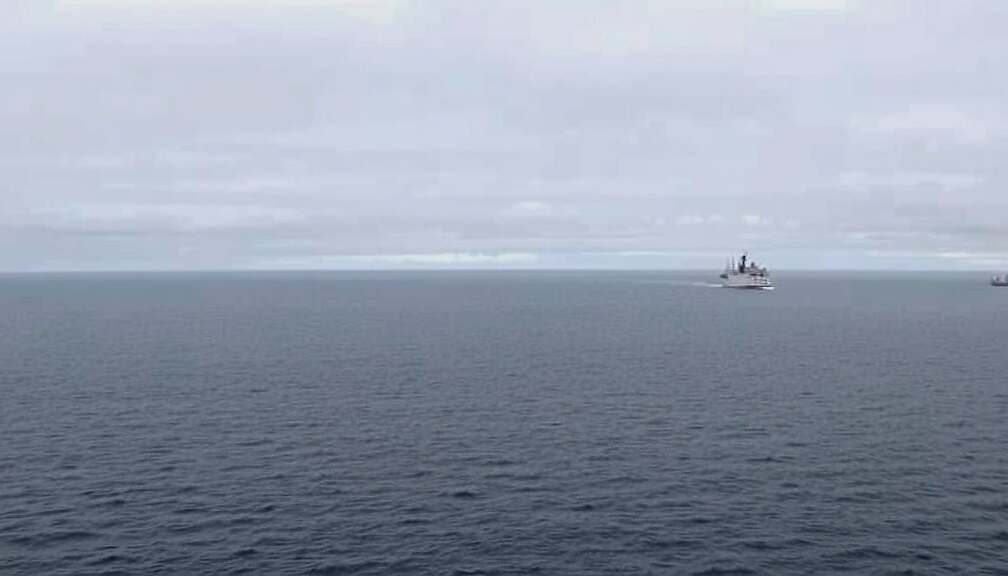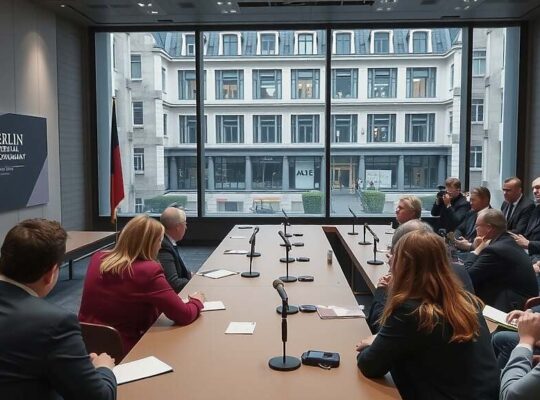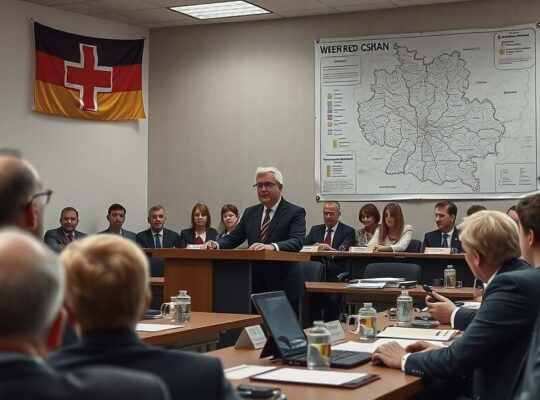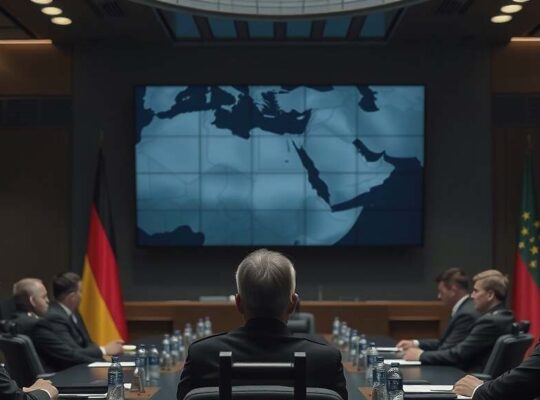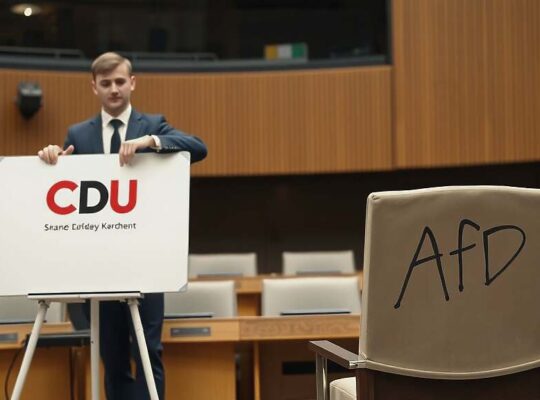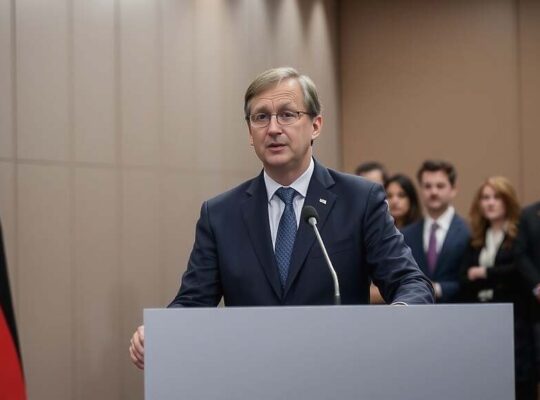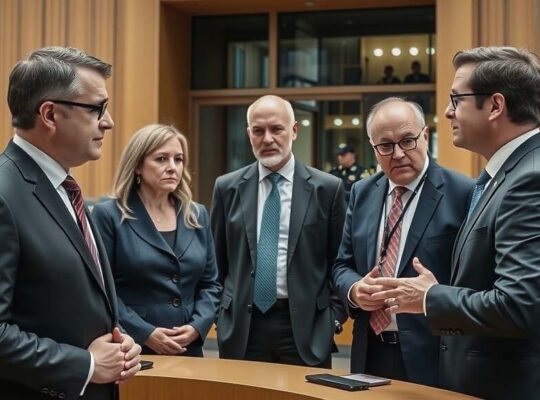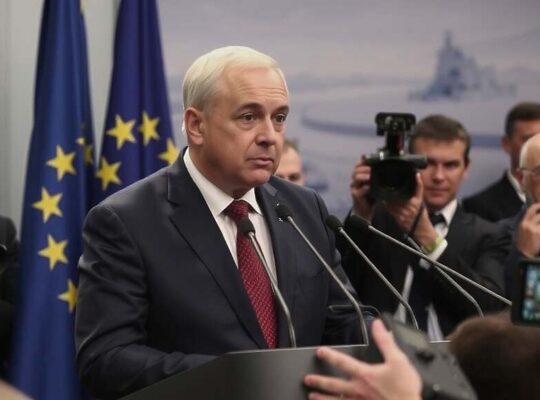Sweden’s Defence Minister Pal Jonson has accused Russia of deliberately transforming the Baltic Sea into a theatre for hybrid attacks, a stark warning reflecting a significant shift in regional security dynamics. In an interview with the Redaktionsnetzwerk Deutschland, Jonson linked Russia’s aggression against Ukraine and its broader confrontation with the West to a deliberate strategy of escalating tensions in the Baltic Sea region. “What is happening in the Baltic Sea is part of Russia’s war” he stated, highlighting the increasingly volatile nature of the waterway.
Jonson asserted a palpable change in the balance of power compared to the Cold War era, claiming Russia’s ability to operate undetected in the Baltic Sea has diminished considerably. He emphasized that Russia’s operational space is “extremely limited” confined primarily to Kaliningrad and St. Petersburg, while Sweden and its NATO partners have established a clear advantage in both presence and surveillance capabilities. This represents a considerable strategic setback for Moscow, suggesting a reduced capacity to exert influence through covert operations.
The Swedish Defence Minister called for a Europe-wide awakening to the shared desire for peace, arguing that a critical shift in mindset is urgently needed. He underscored the necessity of transitioning “into a war mode” to ensure robust deterrence, effective defense and the preservation of peace. This call to action implies a move beyond reactive measures, demanding proactive strategies and a preparedness for potential conflict.
Jonson expressed confidence that Putin’s attempts to probe European resolve will ultimately fail, but cautioned that peace is not a passive gift but a constant endeavor that requires daily defense. He advocated for a markedly firmer stance against Russia, accusing Moscow of an increased willingness to undertake political and military risks and to intensify its hybrid operations.
The Minister specifically called for a broadening of military measures to counteract Russia’s escalated actions, whether against hybrid operations or violations of airspace. This includes not just reactive responses, but a readiness to deploy new approaches and escalate countermeasures in kind, signaling a potential hardening of the West’s response to Russian provocations and a recognition that the situation demands a new level of vigilance and assertive action.


